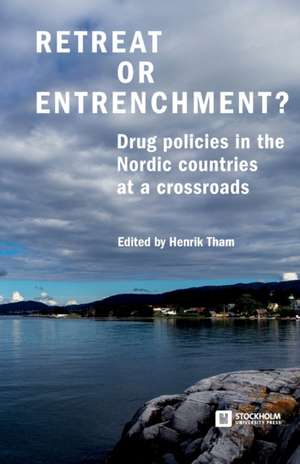Retreat or Entrenchment?
Editat de Henrik Thamen Limba Engleză Paperback – 29 noi 2021
Preț: 147.25 lei
Nou
Puncte Express: 221
Preț estimativ în valută:
28.18€ • 29.50$ • 23.31£
28.18€ • 29.50$ • 23.31£
Carte tipărită la comandă
Livrare economică 07-21 aprilie
Livrare express 28 februarie-06 martie pentru 247.31 lei
Preluare comenzi: 021 569.72.76
Specificații
ISBN-13: 9789176351635
ISBN-10: 9176351637
Pagini: 324
Dimensiuni: 140 x 216 x 18 mm
Greutate: 0.41 kg
Editura: Stockholm University Press
ISBN-10: 9176351637
Pagini: 324
Dimensiuni: 140 x 216 x 18 mm
Greutate: 0.41 kg
Editura: Stockholm University Press
